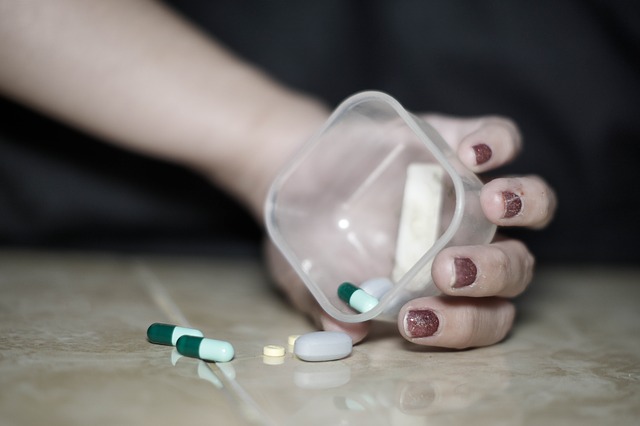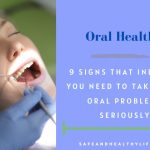
Image Source: Pixabay
Nothing can compare to the hopelessness you feel as a parent as you lose your child to disease. This is an all-too-familiar feeling for parents of addicts.
Addiction is a disease that can easily take your child’s life. But you are not powerless.
It’s true that your child has to decide to get help in order for treatment to have a chance at working. However, if your child is a minor (17 or under) and you believe her life is in imminent danger, you may want to consider checking her into a rehab regardless of her consent.
If you’re not dealing with a minor in extreme circumstances, the following steps can help you navigate the moments to come. (See also: Why You Shouldn’t Ignore Your Child’s Questions About Alcohol and Drugs)
1. Find evidence
When you confront your child, he’s going to lie. That’s what addicts do. They’ll do anything to protect their addiction, and that means covering up their tracks. You may not feel good about snooping around for evidence, but it will give you the confirmation you’ll need to move forward.
2. Have an initial talk
The first time you talk to your child about her addiction, except that it’s not going to go smoothly. Especially if you have undeniable evidence (that she’ll likely deny anyway), your child will probably act out in anger. She’ll lash out at you for invading her privacy, being nosey or micromanaging her life. Don’t let this anger put you off. You’re on the right track.
The goal of this conversation is to let your child know that you’re aware of what’s going on and you’re ready to help. If she agrees to get help now, that’s amazing! But don’t get discouraged if she blows you off. Tell her how much you love her and move on to the next step.
3. Find an appropriate rehabilitation program
Every child and situation is different, so the program that works for your family may not be the best option for another. Just know that you have options. Some of those options include:
- Inpatient treatment – Your child will get round-the-clock care. This option can be pricey, but it’s the most comprehensive.
- Outpatient treatment – While living at home and maintaining his life, your child will visit a treatment center daily or weekly for treatment.
- Group therapy – This treatment is often combined with outpatient treatment. These are groups like Narc-Anon or Alcoholics Anonymous.
- Medically-assisted treatment – With the help of pharmaceuticals, like Vivitrol and Suboxone treatments, your child may have an easier time with the physical symptoms of withdrawal.
- Holistic rehabilitation – Treatments like counseling, meditation, and herbal remedies are used to treat your child’s addiction.
4. Stage an intervention
Interventions sound so cliché, but there’s a lot of research that tells us they work. Consider hiring a professional intervention manager because things can get tense for everyone involved. It’s usually best when the leader doesn’t have a personal interest in the addict.
5. Tell him he’s loved every day
Ideally, the intervention will work and your child will choose treatment. If this isn’t the case, know that the fight isn’t over yet. Make an effort to tell your child you love him daily. Tell him you’re there to help him get sober (but not to enable him to get drugs). Stay as active in his life as you can and he may eventually come around.
6. Continue taking care of yourself
When we love someone deeply, it’s difficult to want anything but their salvation. But you should know that this is a process that will take time. It may take months or years for your child to get sober. During this time, you must remember to take care of yourself. It’s difficult to take care of others when we’re falling apart at the seams. This doesn’t mean you need weekly manicures (although there’s nothing wrong with that). It means that you should continue eating balanced meals and exercising through this crisis.
As a parent, it’s insanely difficult to see your child struggle. Every fiber of your being just wants to fix the problem. And although you can’t do that, you can do everything in your power to support your child through addiction and recovery. (See also: How to Stop Abusing Drugs, Find Treatment, and Begin Recovery)
About The Author:
Rachel is a freelance content writer located in San Diego, California currently writing for Medically Assisted. Over the course of her career, she has written a variety of health, parenting, and fitness articles. In her free time, she enjoys running along the beach with her two puppies and practicing yoga.



![[Infographic] What Steps to Take After a Car Accident Infographic](https://www.safeandhealthylife.com/wp-content/uploads/2017/03/Infographic.png)
